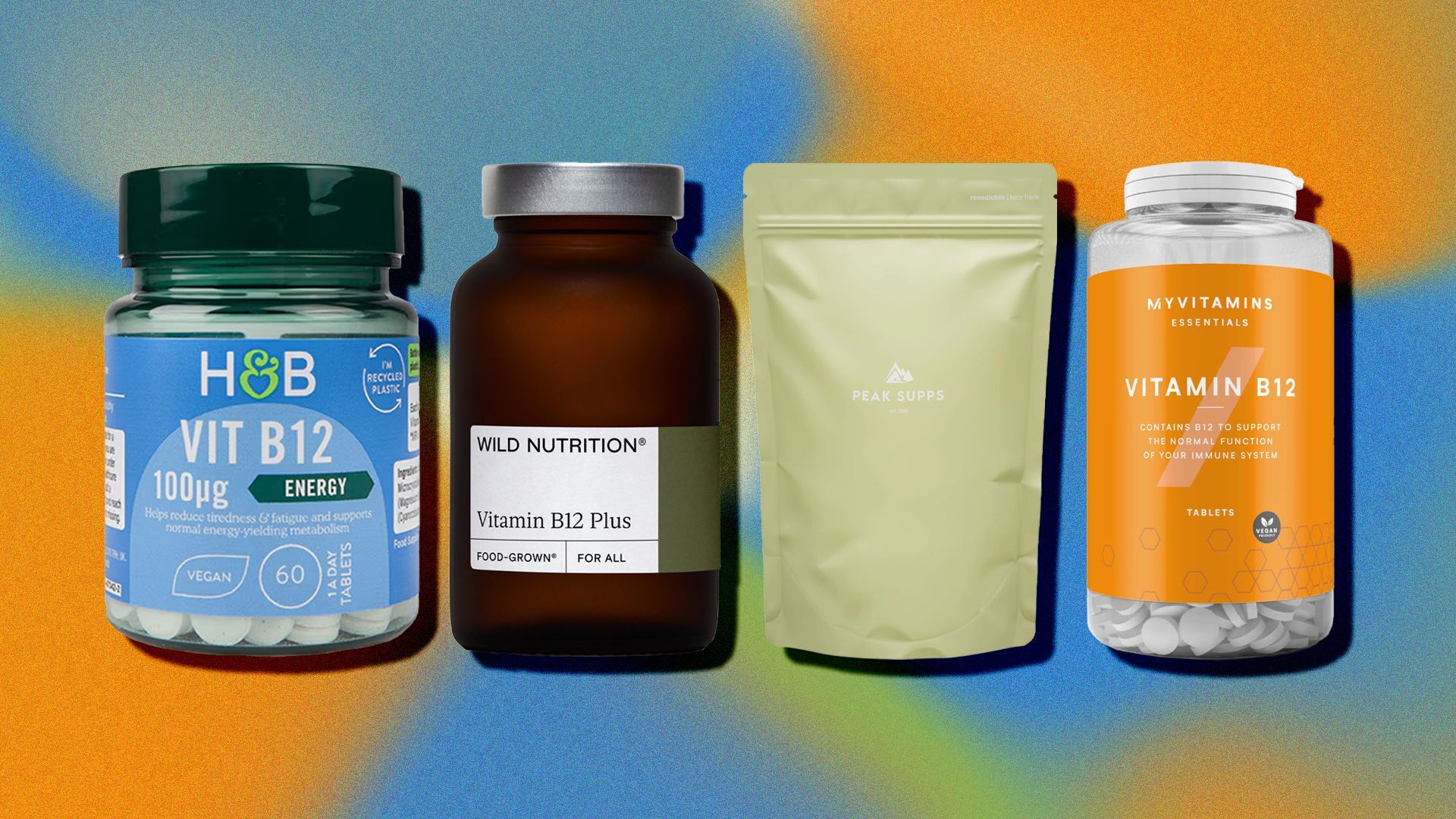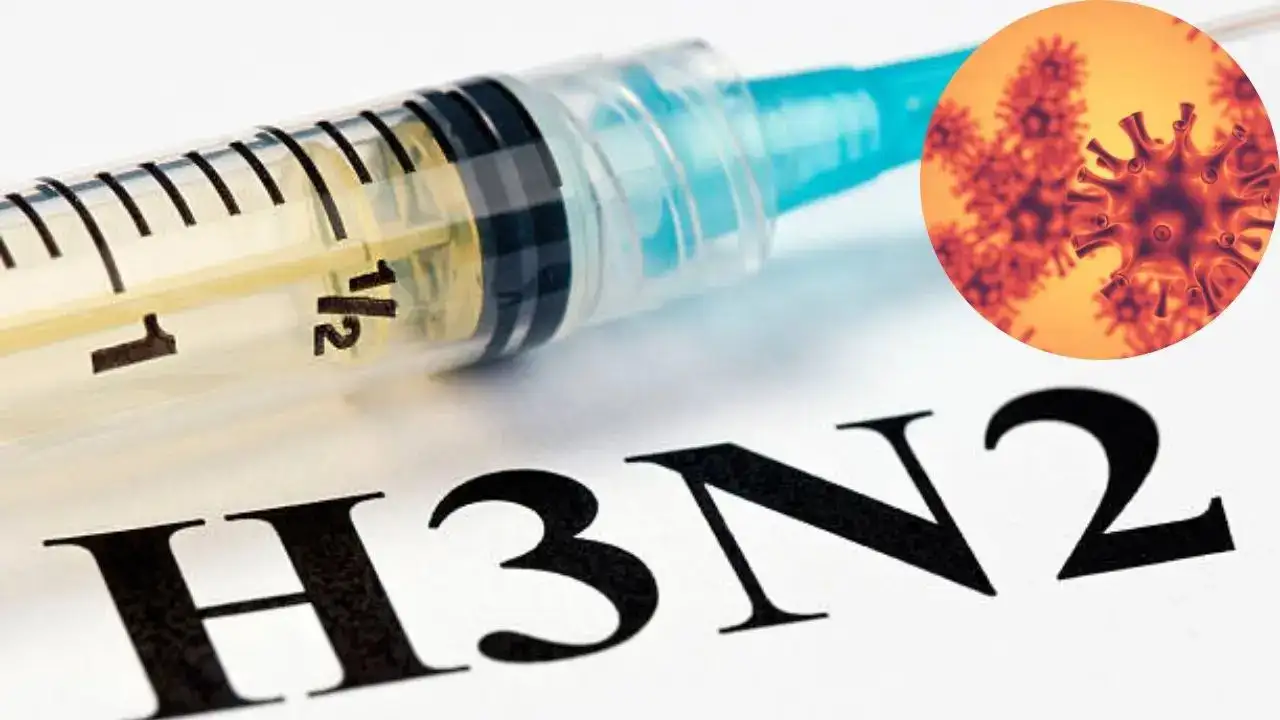By Mahalia Chang
Copyright gq

There are many different vitamins and nutrients that keep your body healthy, from your hair and nails to your heart and brain to your bones. Vitamin B12 is an unsung hero in the world of nutrients, and while it’s discussed less than your popular vitamins, like A and C, a vitamin B12 deficiency is nothing to play with. If you’re lacking, the effects can be damaging, and only grow more serious.
We’re here to tell you not only what B12 actually is, but what a vitamin B12 deficiency looks like, who it affects, what to do about it and, yes, what to buy and eat to avoid it.
What is vitamin B12, and what does it do?
B12—also known as cobalamin—is a nutrient. Mostly found in animal products, its absorption is vital to a couple of the body’s key functions, including nerve health and the production of red blood cells and DNA synthesis (the creation of new DNA strands). This means it plays a pretty big part in your energy levels, your brain function and your overall health.
How do I know if I have a deficiency?
It stands to reason that if you get B12 from food alone, that there are some of us who are not getting enough of it. That is called a B12 deficiency. It’s a fairly common thing, and it gets more common as you get older; about 1 in 10 people over the age of 75 have a B12 deficiency.
How do you know if you have a B12 deficiency, which, after all shares some common symptoms with other deficiencies like vitamin D and iron?
Emma Wedgwood, an advanced aesthetic nurse, says signs of a deficiency may look like “fatigue, weakness, and pale skin. Neurological symptoms might also occur, such as numbness or tingling in the hands and feet, difficulty walking, mood changes, and memory problems.”
Dr. Tatiana Lapa, an aesthetic doctor and founder of Drs Tatiana + Rishi Advanced Aesthetics, says your skin can be one of the indicators of a B12 deficiency: “Symptoms might include a pale or jaundiced appearance, and in more severe cases, individuals might develop hyperpigmentation or a rash. B12 is vital for maintaining healthy skin cells, so a deficiency can disrupt normal skin function and contribute to visible changes.”
Unlike some other deficiencies, a B12 deficiency is one you’ll want to get confirmed via your doctor, who is also best placed to monitor your levels.
Who do B12 deficiencies affect most?
While technically anyone can have a B12 deficiency, there are certain groups it affects more frequently. These generally include, according to Dr. Lapa: “Those with stomach or intestine disorders like celiac disease or Crohn’s disease, individuals who follow vegetarian or vegan diets, excessive alcohol consumers, people taking certain medications like heartburn treatments or metformin, those with autoimmune diseases such as type one diabetes or thyroid disease, and older adults, particularly those over 75.”
Sophie Trotman, a registered nutritionist, adds: “Long-term use of certain medications, such as proton pump inhibitors or metformin, and excessive alcohol intake can also lead to B12 deficiency.”
Can I get more B12 from my diet?
If you suspect you have a deficiency, you can incorporate foods rich in B12 into your diet. Trotman recommends “animal-based products like organ meats, beef, fish (such as salmon and tuna), poultry, eggs, and dairy products like milk, yogurt, and cheese.”
For anyone following a vegetarian or vegan diet, look to “fortified foods, such as certain cereals, plant-based milks, and nutritional yeast.”
However, Trotman says: “it’s challenging to obtain sufficient B12 from plant-based sources alone,” which may mean that a B12 supplement is the vegetarian’s best course of action.
Can I take a B12 supplement?
People with B12 deficiencies can take supplements to add the substance back into their diets and negate some of those nasty symptoms. Lapa suggests opting for high-quality supplements like Methylcobalamin or Cyanocobalamin.
What about B12 injections?
For a more concentrated boost, B12 shots are sometimes needed. Wedgwood describes them as “administering the vitamin directly into the bloodstream, usually into a muscle. This method allows for more immediate absorption compared to oral supplements. While it’s not instant, many people notice improvements in their energy levels and symptoms within a few days to weeks, depending on the severity of the deficiency and individual response to the treatment.”
Why is it so important to treat a B12 deficiency?
To put it plainly, a failure to treat a B12 deficiency can have serious consequences. As Dr. Lapa puts it: “In extreme cases, B12 deficiency can lead to severe and potentially irreversible symptoms.
“These may include profound neurological issues such as significant cognitive decline, memory loss, and difficulty with coordination and balance, making walking challenging and increasing the risk of falls. You may also experience serious mood disturbances, including severe depression or paranoia. If left untreated, these symptoms can result in permanent nerve damage and substantial impairment in daily functioning.”
If you think you’re experiencing any of those symptoms, best to get checked out by a medical professional.
This story originally appeared in British GQ.



